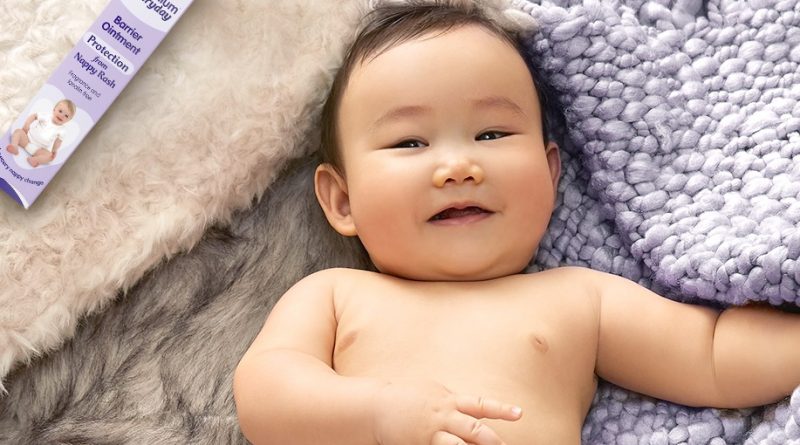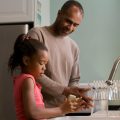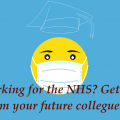Covid-19: A midwife’s advice for recent and expectant parents
We’ve asked Metanium’s resident health expert Heather Morris to explain some of the facts and latest guidelines about the virus. Hopefully, this might help to ease some of your anxieties just a little.
Pregnancy precautions and antenatal appointments
If you’re expecting a baby and heard that the Chief Medical Officer has placed pregnant women in a ‘vulnerable’ group, this may sound scary. But rest assured it doesn’t mean you’re more likely to get the virus which causes COVID-19. It just means you need to be extra careful to protect yourself and your baby. Hand hygiene and social distancing advice should be followed very carefully. The Department of Health has useful information about social distancing.
Social distancing is even more important after you reach week 28 of your pregnancy and it’s recommended that you try to stay at home as much as possible.
Even if you do become infected with COVID-19, you are still most likely to have no symptoms or a mild illness from which you will make a full recovery. Severe symptoms like pneumonia are more common in older people and those with long term health conditions.
Antenatal appointments and care are still essential for mums and babies. If you have a routine appointment booked, it’s worth talking to your maternity team to see what they advise. They may recommend reducing the number of antenatal visits you have and some of your appointments might take place over the phone or through videocalls.
It’s strongly advised that you don’t reduce your antenatal appointments without agreeing first and discussing with your maternity team.
When you do need to go for an appointment you will be asked to keep the number of people with you to a minimum. This is likely to include being asked to not bring children with you.
If you are self-isolating because someone in your household has possible symptoms of COVID-19, you should let your maternity team know and your appointment may be deferred for 14 days.
Giving birth and breastfeeding
You will still be encouraged to have a birth partner with you when you are in labour and during birth. Your partner should not be showing any signs of possible COVID-19 infection.
There may be local restrictions on the number of visitors on both antenatal and postnatal wards. This will be decided by individual hospitals, so is worth checking.
If you’re breastfeeding and think you may have symptoms of COVID-19, you can still feed your baby breast milk. There is no evidence of the virus being carried in breast milk and the benefits outweigh any risks.
The main risk of breastfeeding is close contact between you and your baby, as you may share infective airborne droplets of the virus with your baby. You may decide to express your milk and ask someone who is feeling well to feed your baby.
But if you choose to breastfeed yourself, you can take steps to help prevent infecting your baby:
• Wash your hands before touching your baby
• Try to avoid coughing or sneezing when you are in close contact with your baby
If you’re unsure, ask your healthcare team for more advice.
Protecting your family
Clean your hands frequently by washing with soap and water for at least 20 seconds or using hand sanitiser. This is one of the most effective ways of reducing the risk of passing on infection.
If you think someone in your family has coronavirus, be careful when washing clothes and don’t shake dirty laundry as this can spread the virus. But all dirty laundry can be washed in the same load.
When cleaning you can use your usual household products, like detergents and bleach, as these will be very effective at getting rid of the virus on surfaces. It’s important to regularly clean frequently touched surfaces like door handles, handrails, remote controls and table tops.
What to do if you need medical help
If you need medical help for any reason, do not go to places like a GP surgery, pharmacy or hospital.
If you have symptoms of coronavirus (a high temperature or a new, continuous cough), use the 111 coronavirus service.
If you need help or advice not related to coronavirus:
• for health information and advice, use the NHS website or your GP surgery website
• for urgent medical help, use the NHS 111 online service – only call 111 if you’re unable to get help online
• for life-threatening emergencies, call 999 for an ambulance







